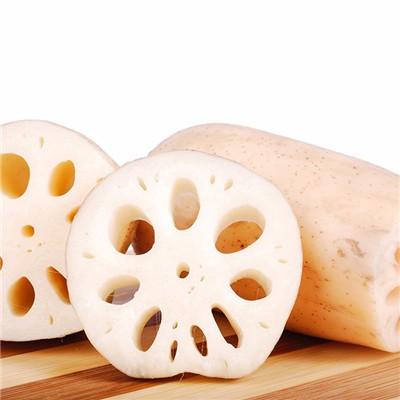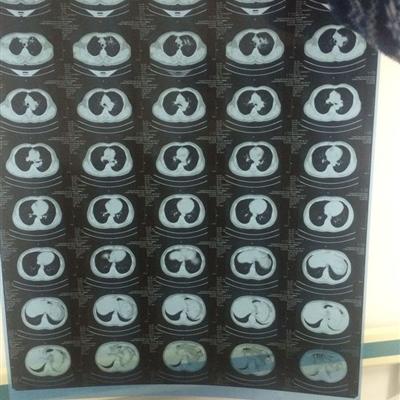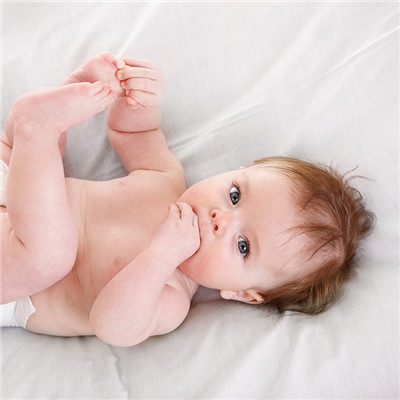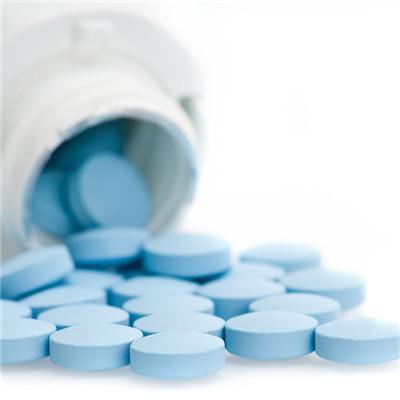Atrophic pharyngitis symptom?
summary
Atrophic pharyngitis is often secondary to atrophic rhinitis, etiology is unknown, clinical is also very rare. The main pathological changes were atrophy of pharyngeal gland and mucosa. At the beginning, the secretion of mucous gland decreased and the secretion was thick. Secondly, the submucosa was affected by inflammation, which gradually developed organization and contraction, oppressed the mucous glands and blood vessels, hindered the secretion of glands and nutrition supply, resulting in atrophy and thinning of the mucosa and submucosa. The disease is long and difficult to cure. Atrophic pharyngitis symptom? Let's talk about it
Atrophic pharyngitis symptom?
The patient's throat is dry, and drinking water can't relieve thirst. Sometimes cough up with bad smell of dry scab, bad breath, easy to nausea. Examination showed that the pharyngeal cavity was wider than that of the normal group, the mucosa was dry, thin, wrinkled or shiny.
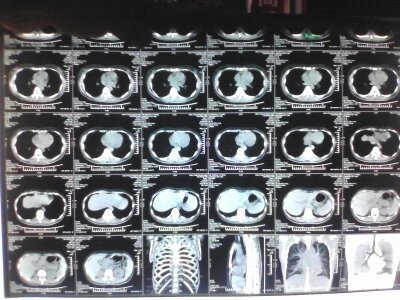
The posterior pharyngeal wall was covered with purulent dry scab. Severe cases can affect the eustachian tube function, cause tinnitus or hearing loss, the disease spread to the throat, there is hoarseness. Dry like drinking water, pharyngeal cavity easy to have dry scab, not easy to cough up. Bad breath, foreign body sensation, speech can't last.
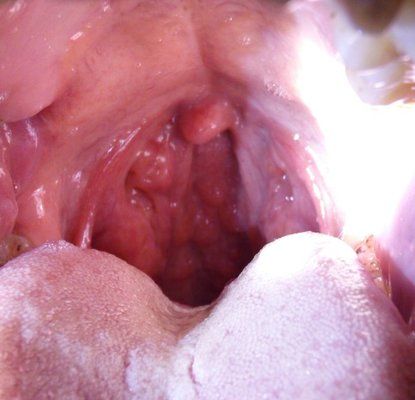
The pharyngeal mucosa is obviously dry, thin and shiny. In severe cases, it seems to be covered with a thin layer of skin. The pharyngeal cavity is widened, and the reflex is slow. Sometimes the contour of cervical vertebra can be seen. Such as pharyngeal discomfort, foreign body sensation, itching, burning sensation, dryness or irritation, and slight pain. It is mainly caused by the stimulation of its secretion and hypertrophic lymph follicles, causing frequent irritative cough and nausea when the patient gets up in the morning. Generally, there is no sputum or only granular lotus root powder like secretion.
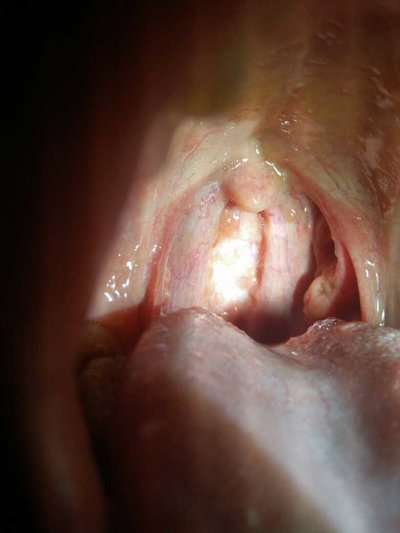
matters needing attention
1. Usually pay attention to the protection of the voice, you can drink with pangdahai and honeysuckle; 2. Timely treatment of nasal, oral and lower respiratory diseases, including diseased teeth; 3. Proper control of the use of voice, improper use of voice, excessive use of voice, long-term continuous speech and singing are not conducive to the treatment of laryngitis;
